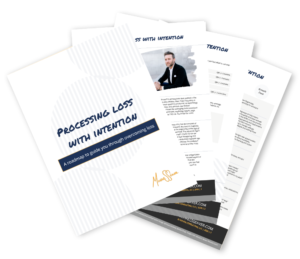Professional Development Through Challenging Assignments
March 2, 2012
When it comes to professional development, there are multitudes of ways to enhance your skills. Learning from other people, enduring hardships, structured training, off-the-job experiences, and challenging assignments are five impactful ways to prepare you for what’s next. Of the five, working on challenging assignments will be the skill builder that will steepen your learning curve and best prepare you for the next step on your career ladder.
Challenging assignments are the best teacher because of the following:
Teach the Subtleties of Leadership
As a new leader, you may understand the budget process, who to go to for marketing assistance, or how to garner approval for something on your capital wish list. But, have you had to delegate tasks from large projects to your direct reports and then mentor and influence those people to accomplish your goals? As a leader, are you great at coaching others for results? In the face of unrealistic deadlines, will you operate with character putting the needs of the business and others before yourself? Leaders constantly expand their network to include very smart people. Do you feel comfortable doing that? The subtleties of leadership, I’ve only listed a few, are the foundation of a strong leader. I encourage you to push the envelope so that you are learning something new everyday.
Forces Us to Look Within and Reflect
By nature, I am a fact finder, meaning that I look to the past to learn from events or mistakes made to specifically build a plan for the future. Although it may take me longer to arrive at a destination than my colleagues who are quick starts, I feel more comfortable knowing that I did my homework and have verifiable data to back up my plan. After every meeting, project implementation, or heated exchange, take a few minutes to reflect back on what was said (taking into account non-verbal cues), what was done, and what opportunities were missed to complete tasks more effectively. Internalize your findings and do your best to implement the next time you have an opportunity. Also share your learnings with those around you so that they can be better at their jobs as well. If you want your organization to become a learning organization, sharing lessons learned will help to break down barriers and start conversations.
Teaches Us About Our Limits
After multiple 70-hour workweeks, you are well aware of your time commitment to your job and how it is affecting balance in your life. Challenging assignments will help you learn when you are about to break. They teach you when to leave your desk and go for a 15-minute walk to clear your head and refocus. They will teach you how to know when your body needs more than that cup of Starbucks and a donut. A difficult assignment will help you to clearly define when you can do things alone and when you need to call in reinforcements from your leader or your direct reports. It is a fine line to walk, but understanding when to manage something yourself versus when to pass the baton will help propel you to new levels of leadership.
After you have had opportunities to prove yourself through boundary-stretching assignments, you can be sure that your stakeholders have noticed. Not only does the extra work you’ve done raise your value to the organization, but it shows a willingness to go above and beyond that can be relied upon in the future.
Because I know you are serious about career development, find opportunities to:
- Volunteer for organization-wide project teams
- Become a mentor to new employees
- Become a mentee to a star leader and volunteer for stretch assignments
- Lobby for capital funds that will allow you to implement a system-wide project
- Accept the responsibility to manage new programs or departments
Challenging assignments will steepen your learning curve and help you achieve your goals faster. Through focused effort, you will be putting yourself into roles that will push you mentally, physically, and emotionally.
Martin Luther King, Jr. once said, “The ultimate measure of a man is not where he stands in moments of comfort and convenience, but where he stands at times of challenge and controversy.”
Share This!
Subscribe to newsletter
Keep up to date on the latest.






Connect with me